US whistleblower says guilt over drone strikes led him to leak secrets
A former US Air Force intelligence analyst facing a long prison term for leaking information about the brutal nature of American drone strikes to a reporter, has admitted that his guilt over taking part in the drone attacks in Afghanistan led him to unveil the Obama-era secret program.
In an 11-page handwritten letter from his prison cell, Daniel Hale of Nashville, Tennessee, outlined what prompted him to leak classified information on the killer drone operations, re-counting “his regret and horror as he watched gruesome videos of Afghans killed in part because his work helped track them down,” AP reported Friday.
"Not a day goes by that I don't question the justification for my actions," stated Hale, who is scheduled to be sentenced on Tuesday in US District Court in Alexandria, Virginia after pleading guilty back in April to violating the Espionage Act by leaking top secret documents.
“It is more accurate to say that [military service] irreversibly transformed my identity as an American. Having forever altered the thread of my life’s story, weaved into the fabric of our nation’s history,” Hale further explained before recounting details about his deployment to Afghanistan.
Hale: "The most harrowing day of my life came months into my deployment to Afghanistan when a routine surveillance mission turned into disaster."
— Kevin Gosztola (@kgosztola) July 23, 2021
In detail, Hale recalls witnessing a drone strike that injured and killed two children. pic.twitter.com/2u2VNLhIwX
He unveiled that when he deployed to Afghanistan in 2012, his job was to track down cellphone signals linked to people suspected by the US military and spy agencies to be enemy combatants.
“His guilt is compounded by the clinical nature of the drone strike program, in which Afghan targets are killed going about their daily lives -- at times with innocent civilians killed as collateral damage -- rather than on a traditional battlefield,” according to the report.
“Notwithstanding, in 2012, a full year after the demise of Osama bin Laden in Pakistan, I was a part of killing misguided young men who were but mere children on the day of 9/11. Nevertheless, in spite of my better instincts, I continued to follow orders and obey my command for fear of repercussion.”
“Yet, all the while, becoming increasingly aware that the war had very little to do with preventing terror from coming into the United States and a lot more to do with protecting the profits of weapons manufacturers and so-called defense contractors. The evidence of this fact was laid bare all around me,” he further wrote, insisting that at the time “contract mercenaries outnumbered uniform-wearing soldiers 2-to-1 and earned as much as 10 times their salary.”
"The victorious rifleman, unquestionably remorseful, at least keeps his honor intact by having faced off against his enemy in the battlefield," Hale added. "But what possibly could I have done to cope with the undeniable cruelties that I perpetrated?"
Although Hale eventually parted ways with the US Air Force and the drone program he was initially assigned to, he then wound up right back in another defense position as a civilian contractor assigned to the National Geospatial-Intelligence Agency.
As his old feelings of guilt remained a constant companion, they soon forced him to join the growing numbers of American whistleblowers after he found himself invited to watch “archived footage of past drone strikes” with his new co-workers.
“Left to decide whether to act, I only could do that which I ought to do before God and my own conscience. The answer came to me, that to stop the cycle of violence, I ought to sacrifice my own life and not that of another person,” he further explained.
As a result, he said, his conscience compelled him to disclose details about the program to an investigative reporter he had previously met. The documents exposed, among other things, that the killer drone program was not as precise as the US government claimed in terms of avoiding civilian deaths.
Hale's lawyers argue in court papers that his altruistic motives, and the fact that the government hasn't shown any actual harm occurred from the leaks, should be taken into account for a light sentence.
"He committed the offense to bring attention to what he believed to be immoral government conduct committed under the cloak of secrecy and contrary to public statements of then-President Obama regarding the alleged precision of the United States military's drone program," defense attorneys Todd Richman and Cadence Mertz wrote.
Government prosecutors, however, insist that the classified documents' disclosure had the potential to cause serious damage. In sentencing papers, prosecutors Gordon Kromberg and Alexander Berrang write that documents leaked by Hale were found in an internet compilation of material designed to help Daesh militants “avoid detection.”
"(A)s a result of Hale's actions, the most vicious terrorists in the world obtained documents classified by the United States as "Secret" and "Top Secret" -- and thought that such documents were valuable enough to disseminate to their own followers in their own manuals," Kromberg and Berrang wrote as quoted in the report.
In Christmas message, Pope laments ‘extremely grave’ situation in Gaza
Hamas says Israel created new obstacles to Gaza truce deal
Pakistani military conducts airstrikes on militant hideouts in eastern Afghanistan
VIDEO | Displaced settlers frustrated
VIDEO | Christmas: Time for peace
Turkey will bury Syria’s Kurdish militia if they fail to disarm: Erdogan
VIDEO | Christmas in Syria: Hope amidst uncertainty
Israel attacks eastern Lebanon for first time since ceasefire


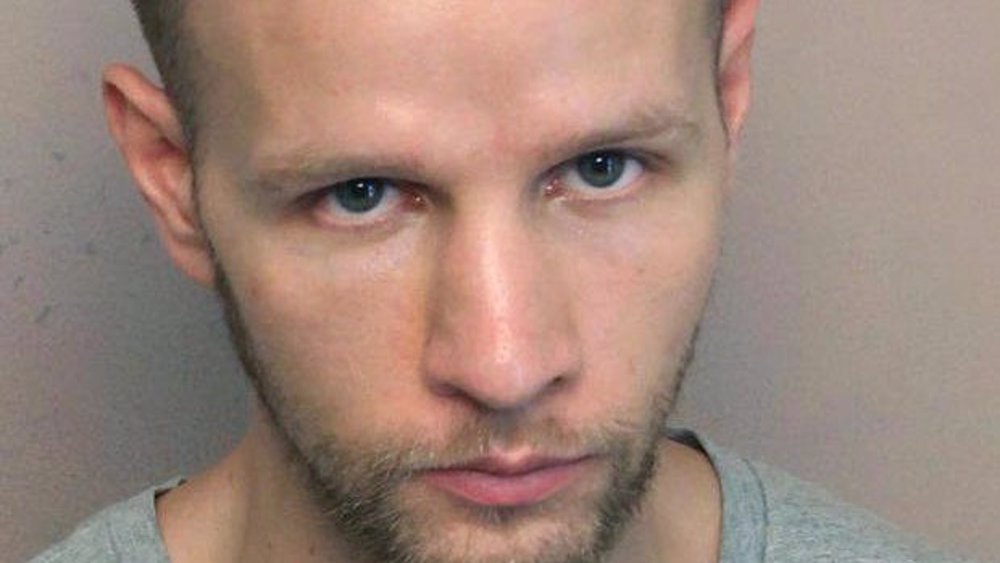
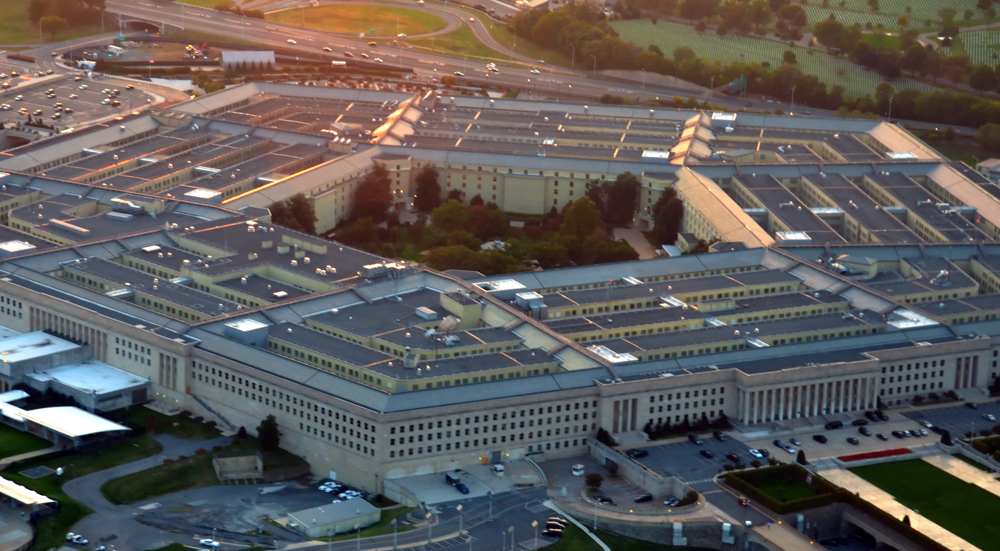
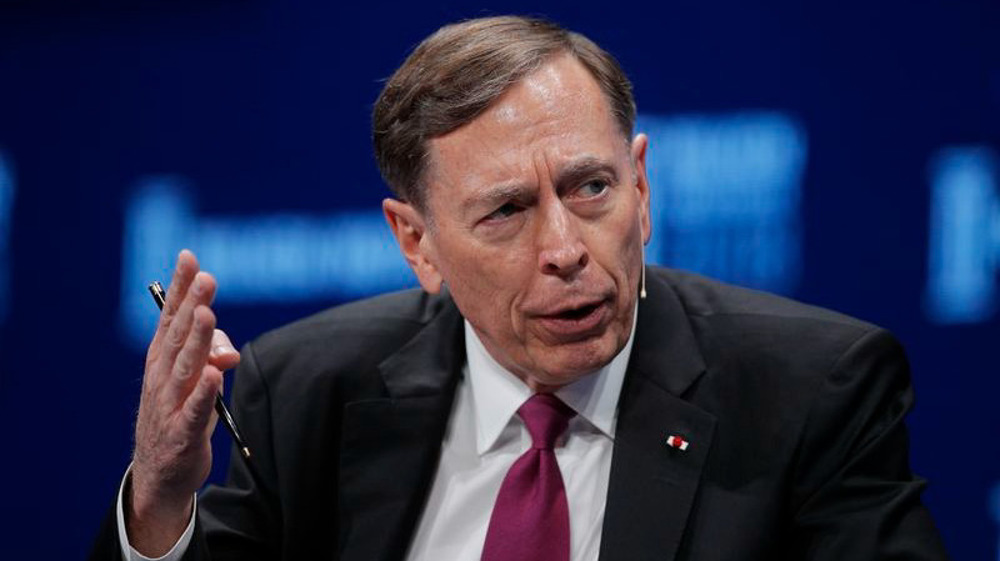
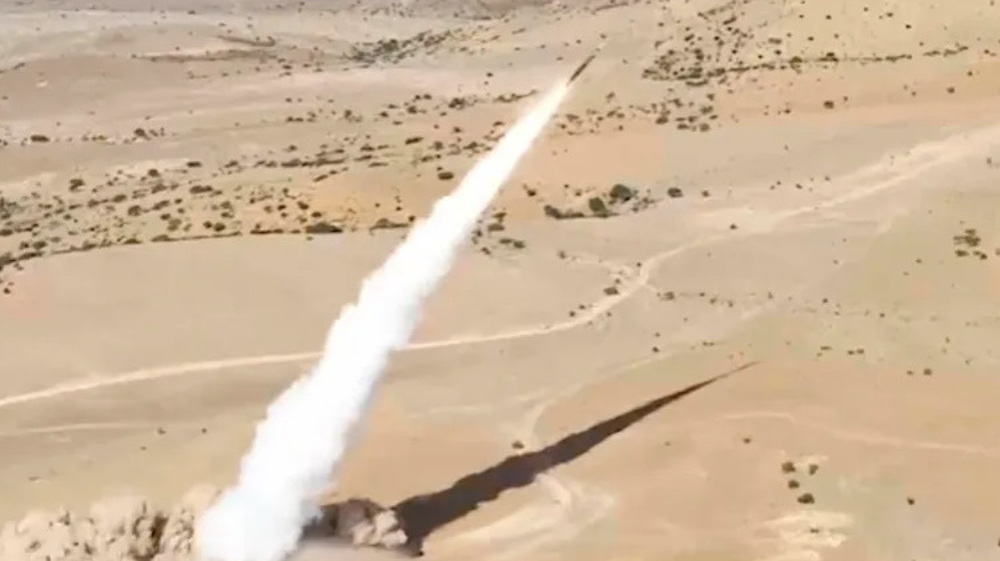
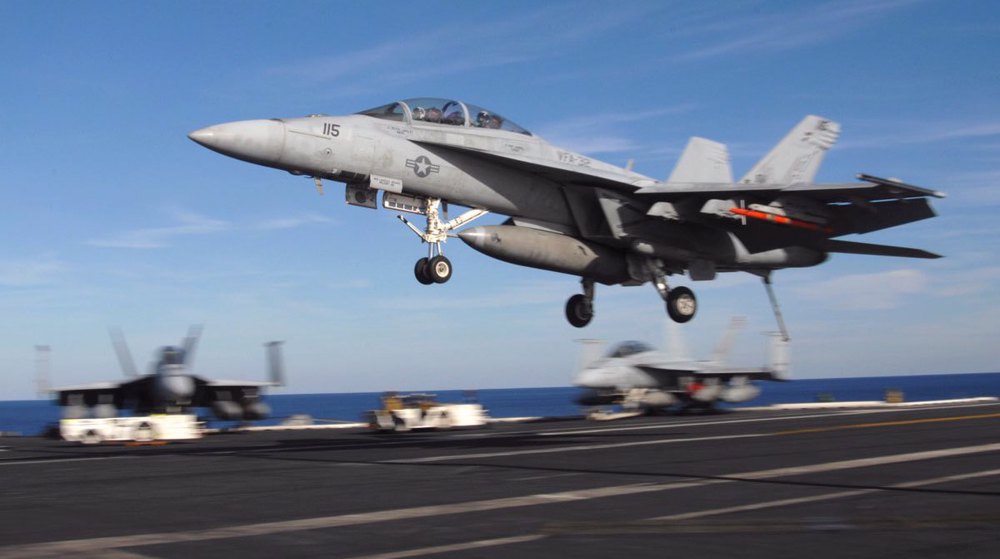




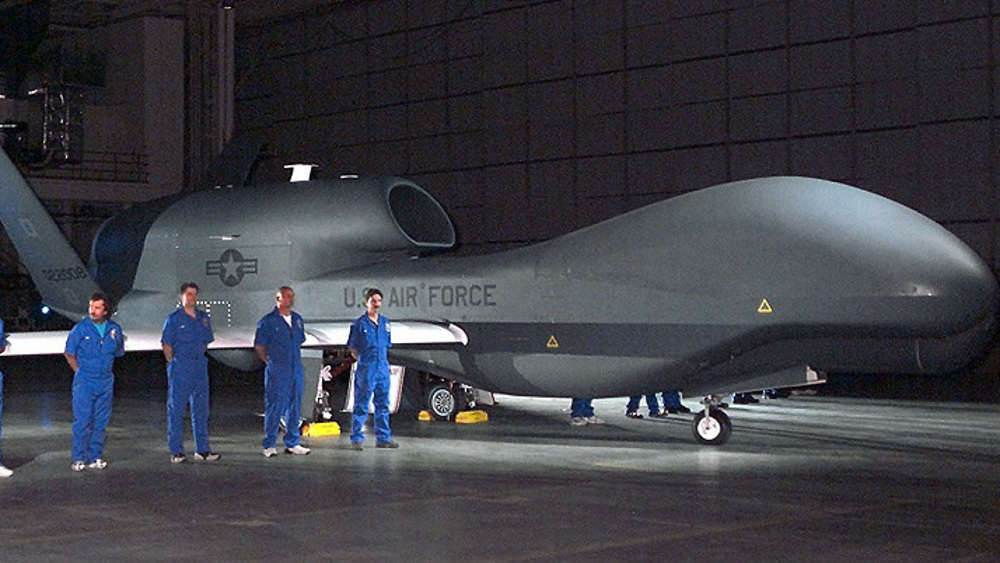
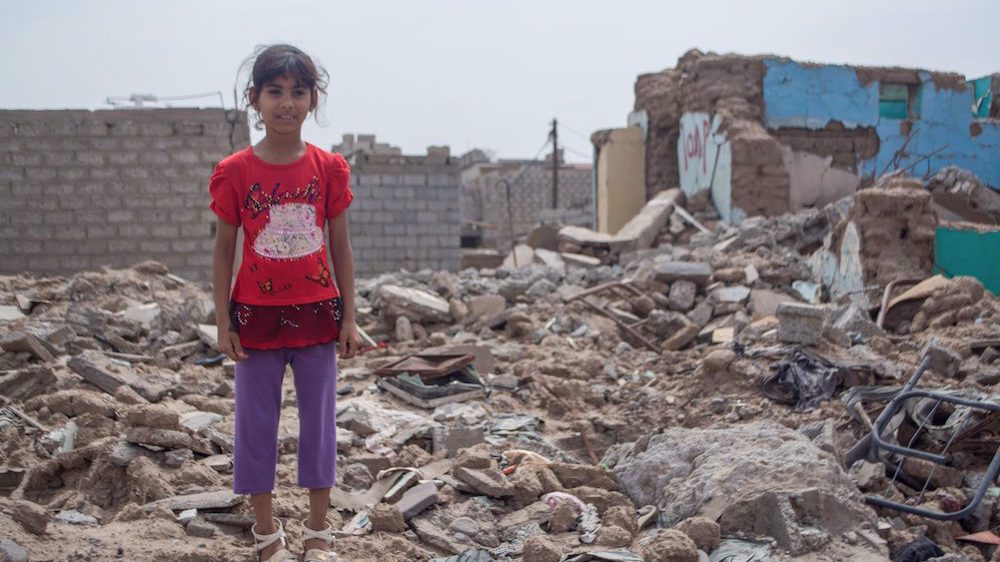
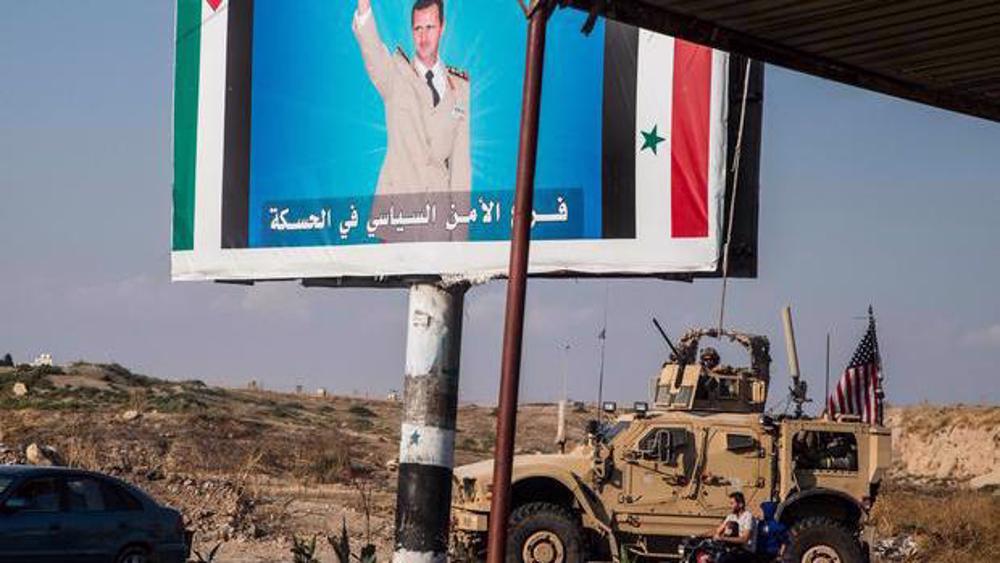
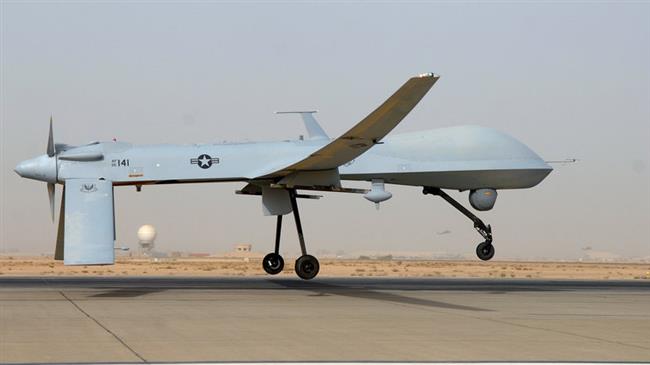

 This makes it easy to access the Press TV website
This makes it easy to access the Press TV website